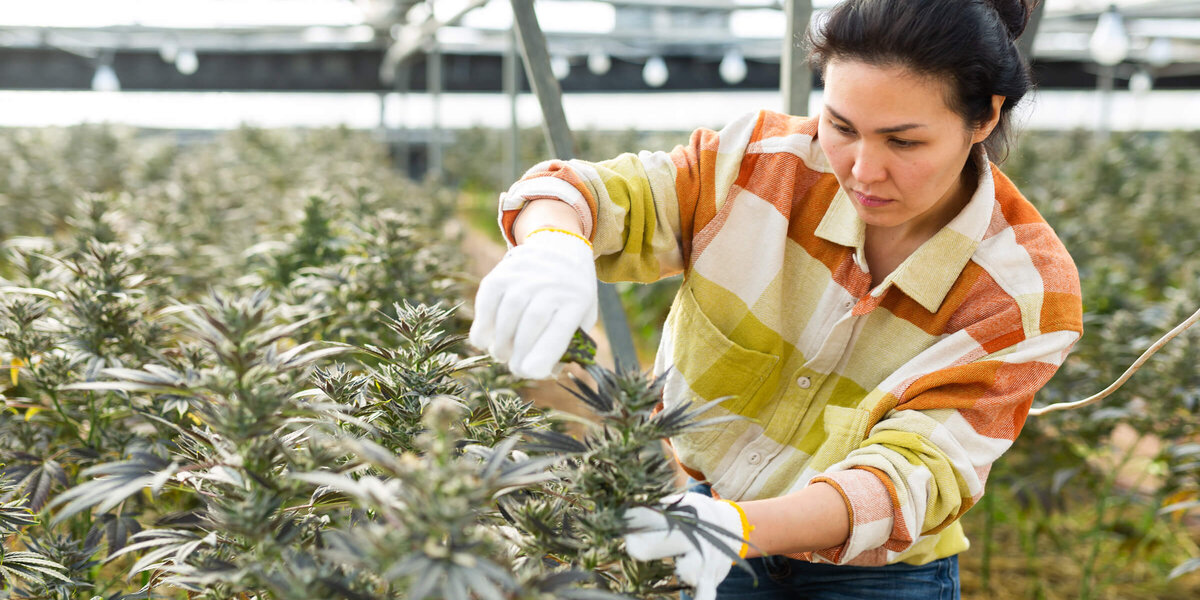In recent years, the cannabis industry has experienced a significant transformation, propelled by shifting legal landscapes and changing societal attitudes towards cannabis consumption. Alongside this evolution, a burgeoning niche has emerged within the realm of social networking: cannabis business social networks. These platforms serve as hubs where industry professionals, enthusiasts, entrepreneurs, and investors converge to network, share knowledge, and explore opportunities within the cannabis sector. This essay delves into the dynamics of cannabis business social networks, examining their significance, functionalities, challenges, and future prospects.
Understanding Cannabis Business Social Networks
Unlike mainstream social media platforms, such as Facebook or Instagram, cannabis-specific networks cater exclusively to professionals and stakeholders involved in various aspects of the cannabis business, including cultivation, distribution, marketing, research, and advocacy. These platforms offer specialized features tailored to the unique needs and interests of the cannabis community, fostering a supportive environment for knowledge exchange, business development, and industry networking.
Key Features and Functionalities
Profile Creation and Verification
Cannabis business social networks typically allow users to create detailed profiles highlighting their expertise, interests, and affiliations within the industry. Some platforms may implement verification processes to ensure the authenticity of users’ identities and credentials, enhancing trust and credibility within the network.
Networking and Connection Building
One of the primary functions of cannabis business social networks is to facilitate networking and connection building among industry professionals. Users can search for and connect with peers, colleagues, potential partners, and investors, expanding their professional network and forging valuable relationships within the cannabis community.
Knowledge Sharing and Content Creation
These platforms serve as hubs for knowledge sharing and content creation, enabling users to publish articles, blog posts, videos, and other multimedia content related to cannabis business trends, innovations, regulatory updates, and best practices. Through curated content feeds and discussion forums, users can stay informed about the latest developments in the industry and contribute to meaningful conversations.
Business Development and Collaboration Opportunities
Cannabis business social networks provide a fertile ground for business development and collaboration opportunities. Entrepreneurs can pitch their business ideas, seek investment opportunities, and connect with potential partners or clients interested in exploring synergies or joint ventures within the cannabis market. Moreover, these platforms may host virtual events, conferences, and webinars where industry stakeholders can engage in dialogue, showcase their products or services, and foster strategic alliances.

Challenges and Considerations
While cannabis business social networks offer numerous benefits, they also face several challenges and considerations that warrant attention:
Regulatory Compliance
The cannabis industry operates within a complex regulatory landscape characterized by varying legal frameworks across jurisdictions. Cannabis business social networks must navigate these regulatory challenges effectively to ensure compliance with applicable laws and regulations governing cannabis advertising, marketing, and information dissemination. Failure to do so could result in legal repercussions and reputational risks for both the platform and its users.
Privacy and Security Concerns
Given the sensitive nature of the cannabis industry, privacy and security concerns are paramount for users of cannabis business social networks. Platforms must implement robust data protection measures, including encryption, secure authentication mechanisms, and transparent privacy policies, to safeguard users’ personal information and confidential business data from unauthorized access or breaches.
Stigma and Social Perceptions
Despite the growing acceptance of cannabis legalization and normalization, stigma and social perceptions surrounding cannabis consumption and business activities persist in certain circles. Cannabis business social networks may encounter resistance or skepticism from mainstream audiences, regulatory authorities, financial institutions, and potential investors who harbor negative stereotypes or biases against the industry. Overcoming these stigma-related barriers requires proactive efforts to educate, destigmatize and promote responsible cannabis entrepreneurship and advocacy.
Future Prospects and Opportunities
Looking ahead, cannabis business social networks are poised for further growth and innovation as the cannabis industry continues to expand and diversify. Several key trends and opportunities are likely to shape the future trajectory of these platforms:
Expansion into New Markets
As more countries and states legalize cannabis for medical and recreational use, cannabis business social networks have the opportunity to expand into new markets and engage with a broader audience of industry stakeholders. Internationalization efforts, localization strategies, and partnerships with local cannabis associations or advocacy groups can facilitate market entry and growth in emerging cannabis markets.
Integration of Blockchain Technology
Blockchain technology holds promise for enhancing transparency, traceability, and security within the cannabis supply chain. Cannabis business social networks may explore the integration of blockchain-based solutions to verify product authenticity, track regulatory compliance, and streamline transactions between growers, distributors, retailers, and consumers. By leveraging blockchain technology, these platforms can instill greater trust and accountability in the cannabis ecosystem while mitigating risks associated with counterfeit products, diversion, and illicit trade.
Leveraging Artificial Intelligence and Data Analytics
Artificial intelligence (AI) and data analytics offer powerful tools for analyzing trends, predicting consumer behavior, and optimizing business strategies within the cannabis industry. Cannabis business social networks can leverage AI algorithms and machine learning techniques to extract actionable insights from user-generated content, identify emerging market opportunities, and personalize recommendations for users based on their preferences and behavior. By harnessing the power of data-driven intelligence, these platforms can empower cannabis businesses to make informed decisions and stay ahead of the competition in a rapidly evolving market landscape.
Conclusion
Cannabis business social network play a vital role in fostering collaboration, innovation, and community building within the burgeoning cannabis industry. By providing specialized platforms for networking, knowledge sharing, and business development, these digital ecosystems empower entrepreneurs, professionals, and enthusiasts to connect, learn, and thrive in a rapidly evolving market environment. Despite facing regulatory challenges, privacy concerns, and lingering stigma, cannabis business social networks are poised for continued growth and evolution, driven by technological advancements, shifting societal attitudes, and expanding legalization efforts worldwide. As the cannabis industry continues to mature and diversify, these platforms will remain instrumental in shaping its future trajectory and driving positive change across the cannabis ecosystem.

